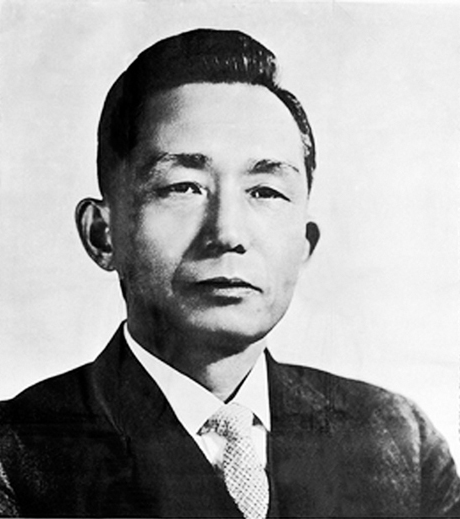By Michael Chung
Etymologically, the term “chaebol” comes from the roots “chae,” meaning wealth, and “bol,” meaning clan or faction. Historically, however, the firms themselves are rooted in the Korean War and Japanese occupation.
With the end to both the war and foreign occupation in 1943 and ‘45, respectively, many Korean businessmen inherited the assets of Japanese firms operating in Korea. These new, and now Korean, businesses went on to flourish during the 1940s and ‘50s. Allegedly, however, several of these firms had received special government favors in exchange for kickbacks during Rhee Syng Man’s First Republic. Thus, when military leaders, led by Park Chung Hee, overthrew the government in 1961, they pledged to eradicate the crime and exploitation associated with Rhee’s administration.



